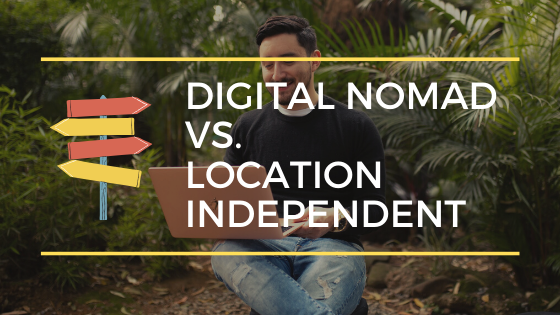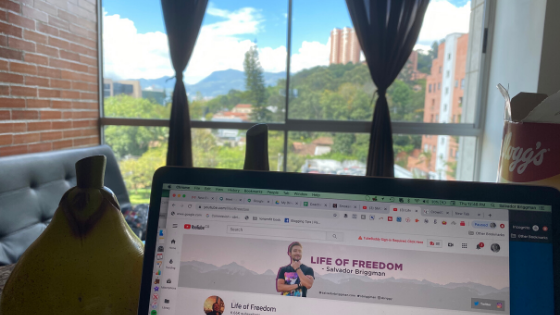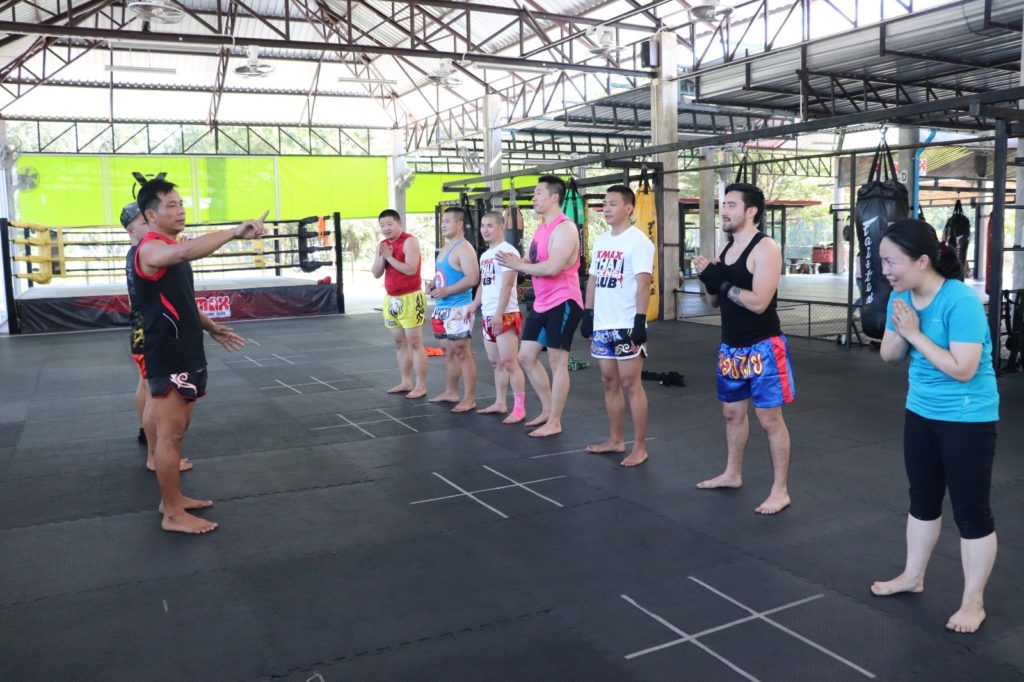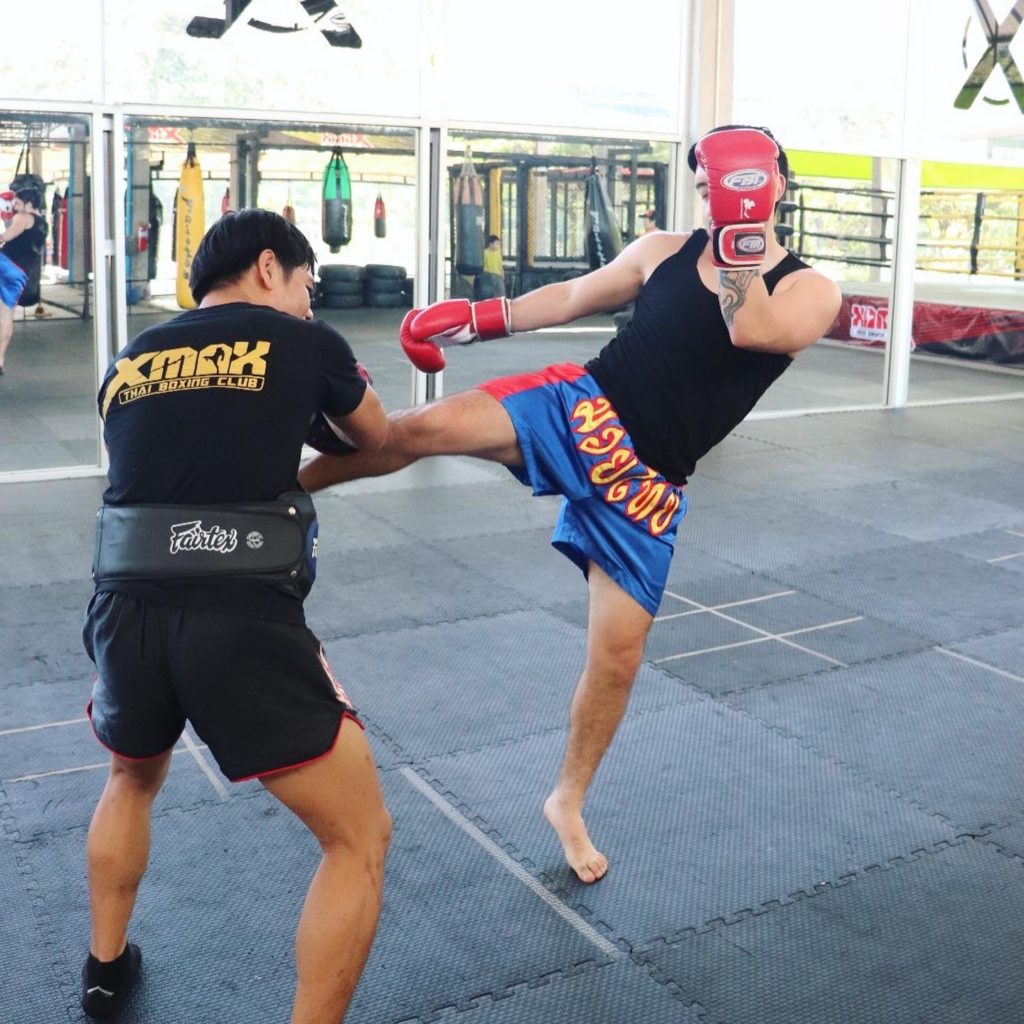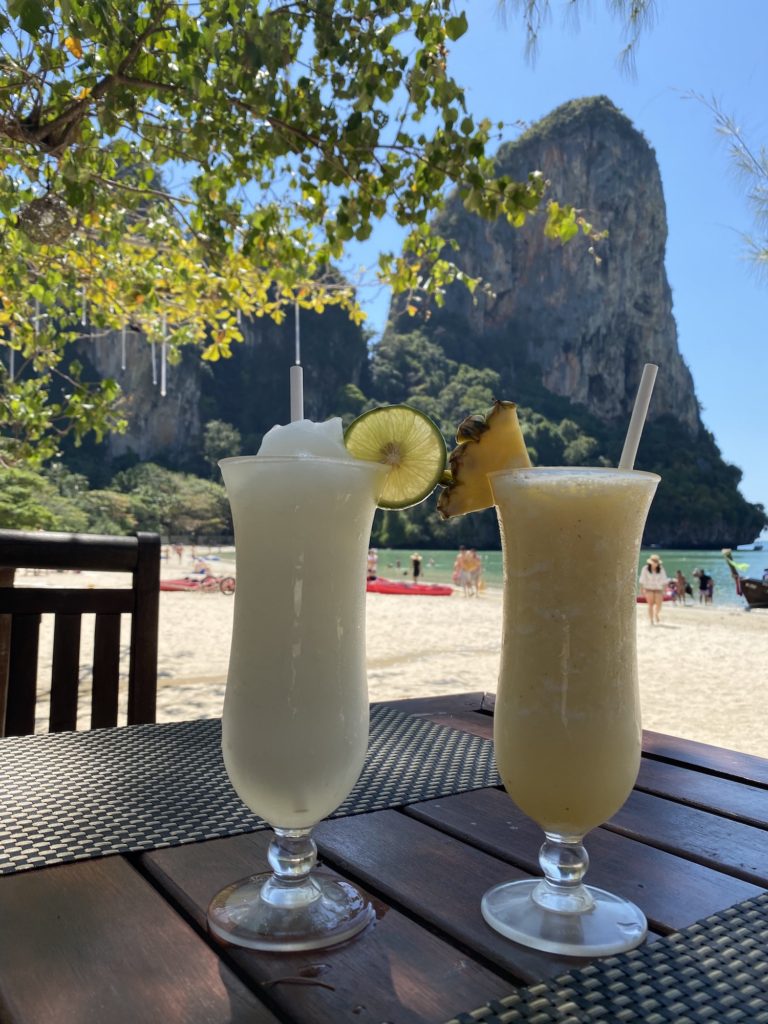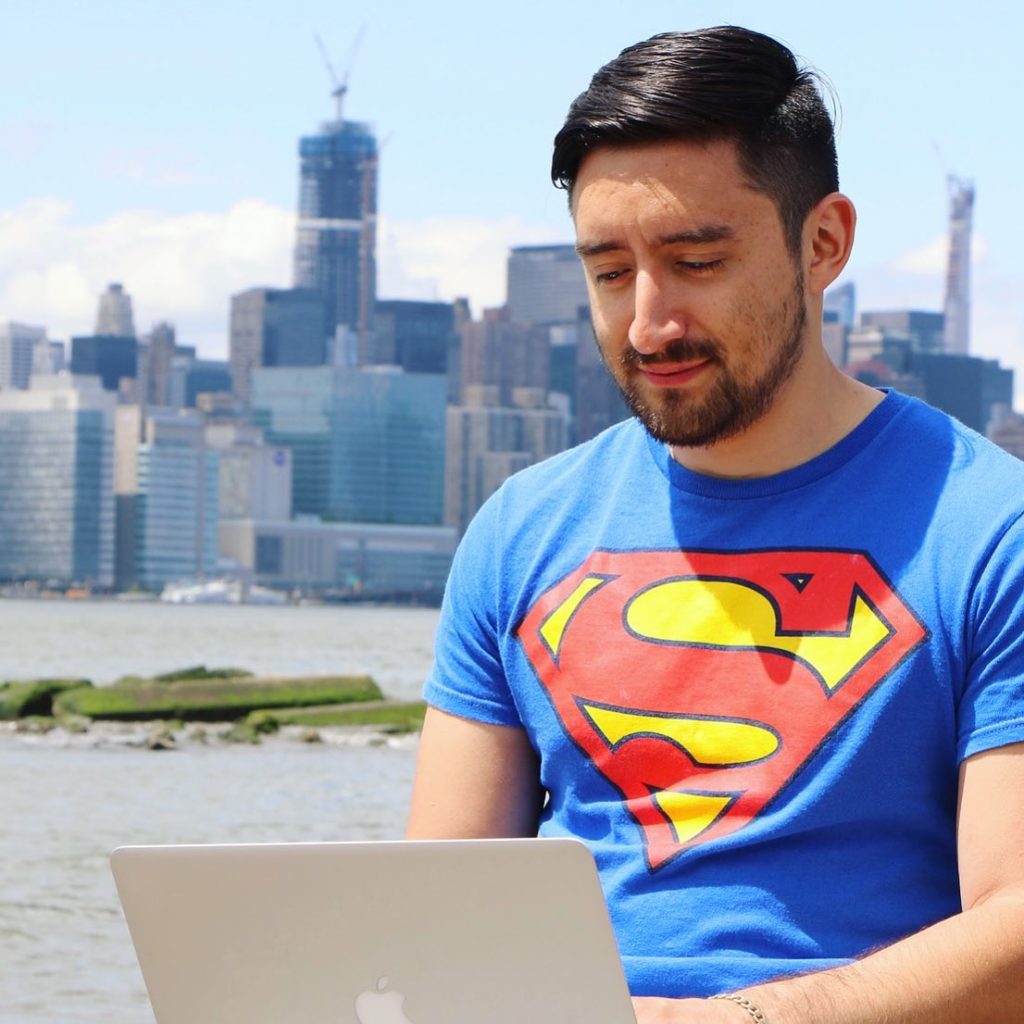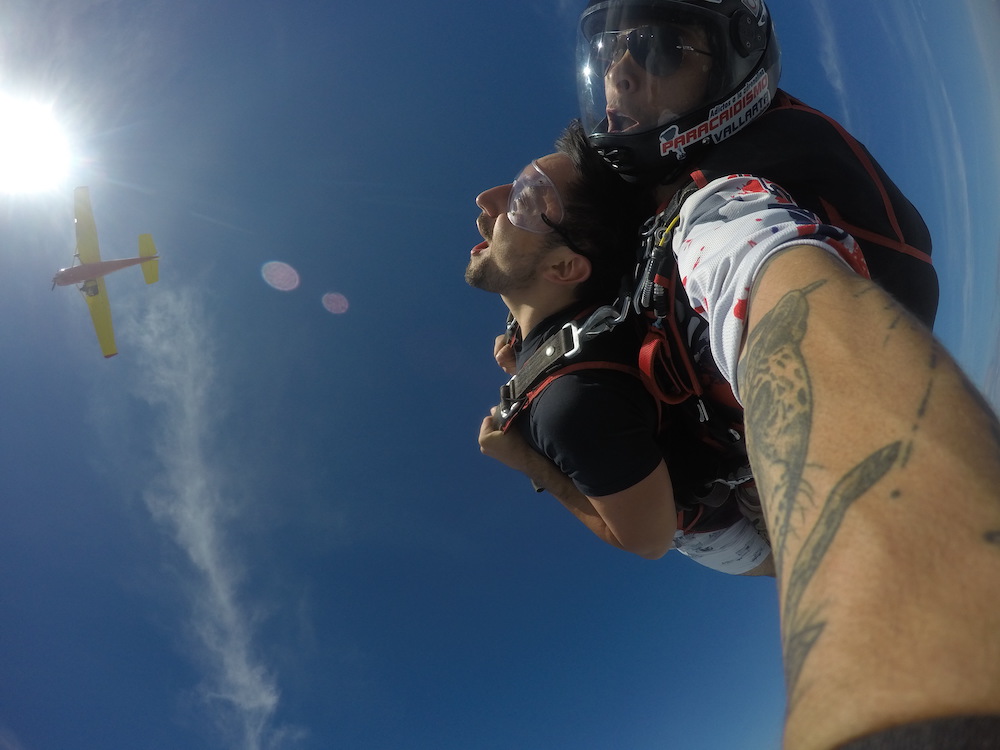There actually IS a difference between a digital nomad and a location independent entrepreneur or freelancer.
I’ve been both at various times in my life. There are advantages and disadvantages that come with each.
I want to get into the nitty gritty of not only what these are, but how they relate to you. What does it mean for you in your quest for more freedom, happiness, and flexibility in your life. Is one better for you than another? We’ll get to the bottom of this so that you can make the best choices going forward.
Are you ready for a little logic puzzle? (actually – I hate puzzles)
All digital nomads are location independent individuals, but not all location independent workers are digital nomads.
Whaaa!?!?
Yeah, that kind of messed with my head when I first heard that concept. Let me wipe away the confusion and break that down for you.
What is a Digital Nomad?
A digital nomad is someone who earns income from their laptop. That’s where the word “digital” comes from in the phrase. They use their computer and wifi connection to earn money online. There are many ways to go about doing this.
Sometimes, a digital nomad is a business owner, but not always. I’ve met many digital nomads in my travelers who are freelancers, or who work for a company that gives them the flexibility to travel. I am a business owner.
For example, I recently went to Medellin, Colombia on my digital nomad travels. I was working from my laptop doing things like producing podcast episodes, making youtube videos, and writing content for my blog.
Right off the bat, you’ll notice that one of the major elements of being a digital nomad is…. travel!
That’s the second part of the popular phrase. As a nomad, you’re traveling from place to place as you work. You could spend a couple of months in a location or only a few weeks. However, you’re probably not spending a few years, otherwise you’re crossing over into expat territory.
Over the course of seven months, I also visited countries like Peru, Spain, Thailand, Cambodia, Vietnam, and the Philippines. I was bouncing all over the globe, but typically, it’s more common to spend time in one region of the world, like South East Asia.
I documented my travels on my YouTube channel for those who were interested in following along, and also were able to cement some great memories as I got to know new foods, cultures, and ways of living.
The reason I was able to do this is that, as a nomad, I can earn income online so all I need is a wifi connection to keep everything flowing behind the scenes. There are many types of businesses that let you do this.
Travel is an important distinction because it defines your lifestyle. It almost becomes a bit of a part-time job, quite frankly. You have to figure out where you want to travel, what the visa requirements are, what there is to do, and also what activities you’re going to participate in to meet other travelers.
As a digital nomad you will:
- Need to book Airbnbs on a regular basis (or hostels/hotel/appt)
- Figure out your travel itinerary and next destinations
- Book flights regularly to new places
- Decide on the fun activities you want to do
- Keep an eye on international news
- Be aware of how visa requirements work.
- Learn how to pack lean and light
 Like I said, you become a mini-expert in travel itself. You’ll learn how to plan trip itineraries, find cool stuff to do, and which countries are most friendly for digital nomads.
Like I said, you become a mini-expert in travel itself. You’ll learn how to plan trip itineraries, find cool stuff to do, and which countries are most friendly for digital nomads.
A lot of beginners underestimate the sheer level of research and planning that goes into this. If you don’t have a travel agent, then you basically have to take on their job!
Most importantly, you’ll want to get a firm grasp of visa laws, which countries you want to visit, and when you’ll want to book your tickets.
Throughout my travels, I used Airbnb as the main way to find places to stay, though I also stayed at hostels sometimes.
You can get $50 off your first Airbnb booking here.
Digital Nomad Lifestyle
The strongest thing I could tell you is that being a digital nomad is not the same thing as taking a vacation!
You will be working as regular. For the average person out there, that means 40 hours per week. You’ll have to either work from home or from a co-working space.
I never had an issue finding a coworking space when I was traveling, even when I was Latin America. The concept of coworking is really starting to spread across the globe. In the worst case, you might have to work out of a cafe. You’ll probably notice the one with the best wifi based on the sea of laptops that you see when you go there.
You can meet people at these coworking spaces after work, or you can participate in fun activities. I did some cool stuff like Muy Thai when I was in Thailand.
Haha – it’s a lot harder than it looks, but it was so much fun! This is an activity that I never considered trying out in my home country, but it was relatively cheap in Thailand and I wanted to get outside of my comfort zone.
Simply by being in a new location can make you expand your horizons and try out new things.
Unlike in the United States, there are lots of easy day trips where you can go from one climate to another. For example, when I was in the city of Bangkok, I decided that I wanted to go to the beach for the weekend.
So, I got on a plane and went to Krabi. You could get a plane to other places like Phuket for not terribly much money. It was a weekend of bliss chilling in the sun and eating healthy food.
These photos are from an island near Krabi, Thailand. You can very easily go from island to island if you’d like and do fun activities like kayaking, snorkeling, or paddle boarding.
If you’re in the stage of your life where you want to travel, have spiritual experiences, meet new people, and discover new locations, then being a digital nomad is right for you!
There are also many couples who travel together as nomads and even families!
What is a Location-Independent Individual?
A location independent entrepreneur or worker typically earns income from their laptop also. They might be a freelancer, work-at-home employee, or a business owner.
The big difference is that they don’t always travel. They may be in one location for their entire life, or only decide to travel when going on vacation. They don’t make travel a part of their lifestyle.
I also fall into this category! For many years of my life (6 years) I was living in New York City in an expensive studio apartment in Williamsburg, Brooklyn. I still live in new york and enjoy the city, but during this phase of my life, I wasn’t really traveling much at all. If I was, it was because I was on vacation.
During this time, I was able to earn money from my laptop, but I wasn’t doing any traveling. So, I was location-independent, but I mainly worked at home, at cafes, or at a local coworking space in Brooklyn called The Yard. I also worked out of Kettle Space.
This is how I was earning my income:
- Blogging
- Podcasting
- YouTube
- Books & eBooks
- Affiliate marekting
- Advertising and sponsorships
- Online Courses
- Coaching Programs
I had built up those income streams since 2012 over a number of years. It wasn’t like it happened overnight.
Now… the big difference, as I stated before, between a digital nomad and a location independent worker is the lifestyle. And…. I gotta be honest with you.
I was WAY more productive when I wasn’t traveling.
Here’s why.
Stability and routine, as boring as it is, is linked with productivity. When you have a lot of instability in the way of where you’re staying and where you’re going, then it’s harder to have a normal routine.
In addition, when you’re traveling you have to account for time zones. You may have clients in very different time zones than you, so it can be hard to coordinate your work.
Pros of being only location-independent:
- Stability translates to productivity
- Regular schedule makes it easy to form lasting relationships
- Being in one place makes you feel “more at home”
- You can still hang out with longterm friends
- You don’t have to worry as much about bouncing around time zones.
What is the lifestyle like?
It’s the work from home life!
You’ll be working either at a coworking space, a cafe, or from home. Depending on the type of work I’d have to do, I would bounce between each of these.
You’ll be spending much more time exploring your local area. After work, I could go into new york city for cool events, to see a play, or to hang out with friends. You can also go to parks!
On the weekends, I could do fun things outside of the city as long as they were in driving distance. I remember the time I went sky diving was so much fun!
So, I wouldn’t say there’s terribly much difference between a location independent career and a normal one when it comes to the off-work hours. Just like a normal career, you can do what you want on your off time.
The main difference between a location independent career and a normal one is the discipline required to be able to work from home. You have to know your working style, what environments make you the most productive, and how to make the best use of your time. You need to be a little more self-directed.
You might be a better fit for this lifestyle if:
- You’re in a longterm relationship and can’t travel
- You want to put your head down and be super productive
- You enjoy the city or place where you live.
Every once in a while, you can take a vacation and travel to far off destinations. It just won’t be as much a part of your lifestyle.
How to Set Up a Digital Nomad Revenue Stream
Now, there is a step-by-step system that you can follow to become location-independent. This is the first step towards becoming a digital nomad or …. being location in-dependent.
This goes beyond this blog post, but if you’d like to learn more, I have a great course on Udemy called “How to Be a Digital Nomad – Achieve Location Independence.”
I’ve broken this entire system down into three major components:
- I: Income independence – earn income anywhere
- L: Location selection – choose the best digital nomad hub for your needs
- L: Lifestyle mastery – knowing how to make friends, safeguard your health, and more.
You’ll gain profound clarity once you get your hands on these resources, which I deliver in an easy-to-digest bite-sized manner. Hope it helps!
